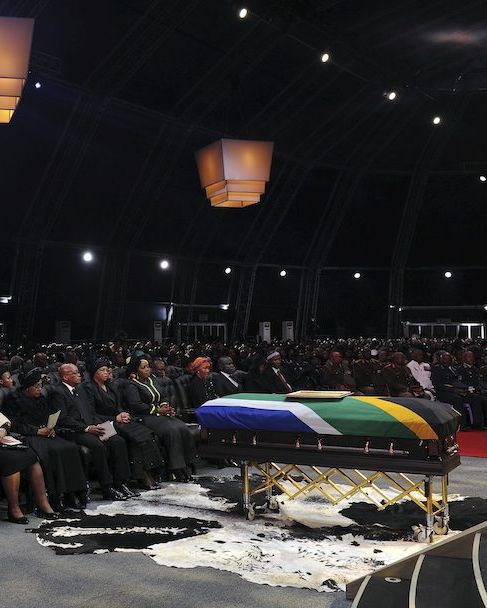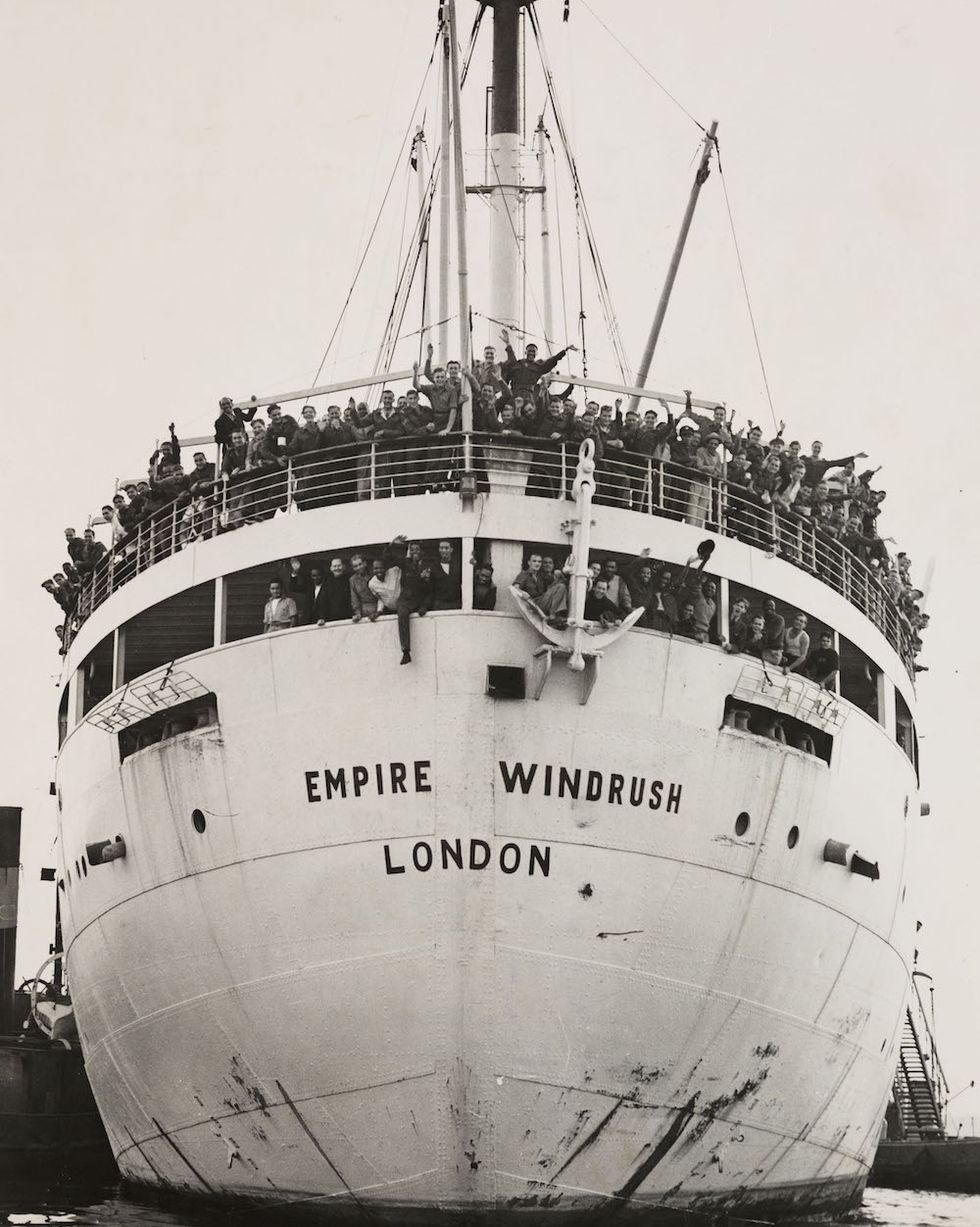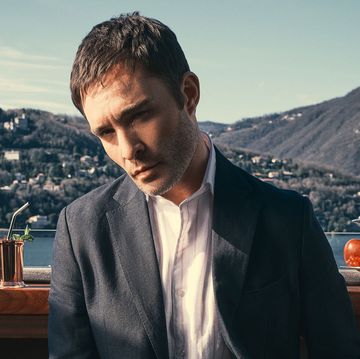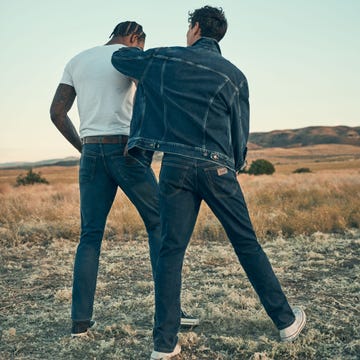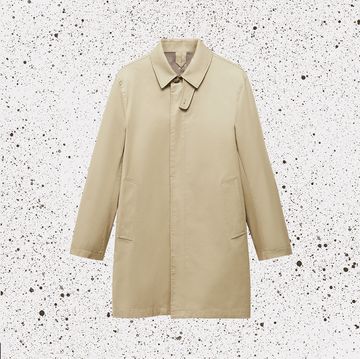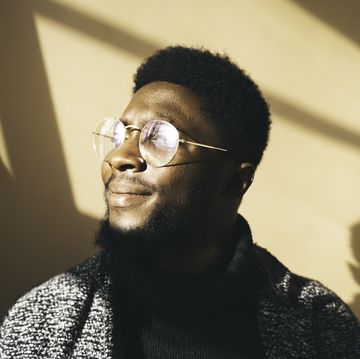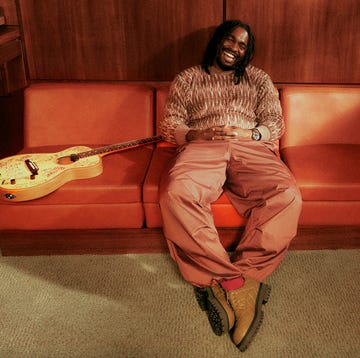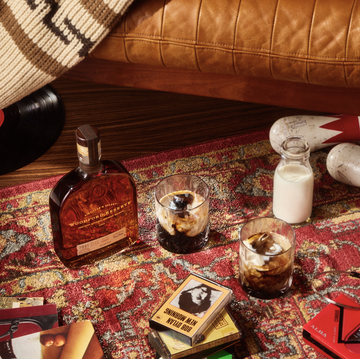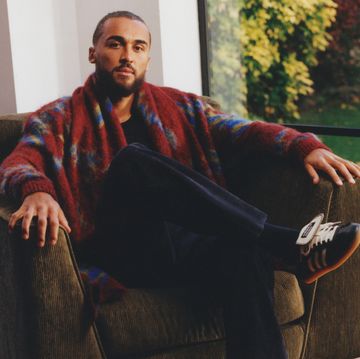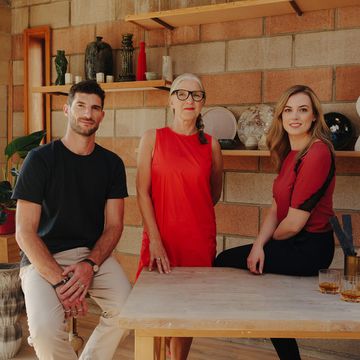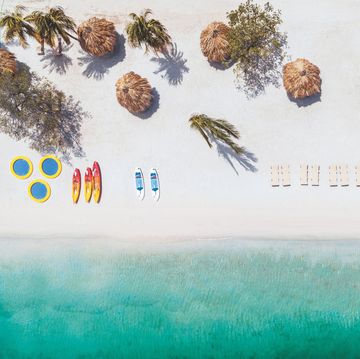Clive Myrie has been a staple on TV screens for over three decades. He has reported on the death of Rosa Parks, travelled with troops during the war in Iraq, and followed the election and inauguration of Barack Obama, sharing stories — both historical and humanitarian — from around the world.
Now, the time has come for Myrie to share his own story, having recently released his memoir, Everything is Everything: A Memoir of Love, Hate & Hope. At its core, the book is about identity, exploring Myrie’s family history as a product of the British Empire, his sense of patriotism, and how this has influenced his revered career. To mark the release, Myrie is set to appear at the Black British Book Festival at London’s Southbank Centre in October, speaking on a panel of Black British voices in media.
Growing up in Bolton, TV was Myrie’s window to the wider world. “I was always fascinated by goings on beyond my own boundaries. I’d see stories about faraway places on shows like Whicker’s World, but he was a white guy with a very different accent to mine. I wondered if I’d be able to do something like that, then I saw Trevor McDonald in the Seventies.”
Seeing McDonald on screen made Myrie realise it was possible for him to construct an accomplished career in news, telling “life affirming” stories. “In conflict, you see the best and worst of humanity. You see aid workers, troops protecting people, civilians and strangers helping each other. People are fundamentally decent, we’re not born bad,” Myrie says, reflecting on time spent covering the Liberian and Angolan Civil Wars and the conflict between Croatia and Kosovo.
“I’m also drawn to stories of hope — covering the election of Barack Obama in 2008 and the inauguration in 2009 was a seminal moment. I also reported Nelson Mandela’s passing. I saw his open casket, which was a very moving moment,” he adds.
Initially drawn to news reporting because of his love of storytelling and exploring new cultures, Myrie’s career has taken on a huge sense of responsibility. “This is no joke, I’m not just going to these places to have fun. I’m trying to tell the story of the situation that I'm in and get across the feelings of the people I’m talking to. That could encourage a viewer to put an extra 20p in the Oxfam box or help change government policy,” he says.
Myrie’s career hasn’t been a completely trouble-free ride. As a Black man on TV in the early Nineties, he faced racist abuse, and in 2019, a man was jailed for sending Myrie death threats. “When I got into the industry in the late Eighties, society and media was changing. The BBC understood that it now had to cater to everybody because it’s a universal licence, while society was starting to see Black MPs rise to prominence,” Myrie remembers.
He counts himself lucky to be part of this mental shift, saying it makes the racism he did encounter easier to stomach. “I know they’re a tiny minority of losers. I used to get angry, now I feel pity for people filled with so much anger and hate just because I’ve got a bit more melanin in my skin.”
Born to Jamaican parents who travelled to London in 1962, a few years after the first Empire Windrush, Myrie’s family background has undoubtedly influenced his career. “Maybe my curiosity [into other cultures and countries] stems from the fact that I knew from a young age that my parents came here from the Caribbean. Why did they come? What were they leaving? What was it like to come here for people like them?”
These questions formed part of Myrie’s research for his book, delving into his family's history, where he discovered he had a great uncle who fought in the First World War and learned about the pain his mum suffered not being deemed eligible to teach in the UK despite qualifications in Jamaica. Most painful was hearing about his sister Judith’s experience as a “barrel child”. “These children were left behind so that their parents could make money and bring them over later. Hundreds like Judith were brought over, a hell of a lot more were left behind.”
As well as family history, Myrie’s book promises to delve into issues of British identity. A proud Englishman (“I’m as English as John Major or the bulldog,” Myrie states), he is also proudly Black Caribbean. “Like Denzel Washington said, ‘I’m very proud to be Black, but Black is not all I am.’ I love fish and chips, with mushy peas because I’m Northern, but I love my yard food,” Myrie smiles, breaking into a Jamaican-tinged accent. “We are all a mixture of different things, and that’s what I love about multiculturalism and modern Britain.”
On the topic of modern Britain, Myrie, perhaps surprisingly, believes that Brits are united by their values: “Decency, fairness, equality, democracy and freedom. We may have differences, but they’re superficial. We’ve got to look at what unites us, not divides us. Sometimes we can focus too much on the difference and that can lead to disaster.”
It seems like there’s a lot more to know about Clive Myrie.
See Clive Myrie speak at the Black British Book Festival, 27-28 October at Southbank Centre London. Get your tickets and see the full line-up here
Isabella is a freelance journalist who has written on young women's issues, entertainment, TV and film, South Asian representation, mental health, dating and so much more. She has bylines in ELLE, Cosmopolitan, Good Housekeeping, Prima, Digital Spy, Women's Health, and Harper's Bazaar, and was named 30 Under 30 by MediaWeek, PPA and We Are The City. She was also shortlisted for Workplace Hero at the Investing In Ethnicity Awards and Hero of the Year at the European Diversity Awards. Follow Isabella on Instagram, Twitter and LinkedIn.
